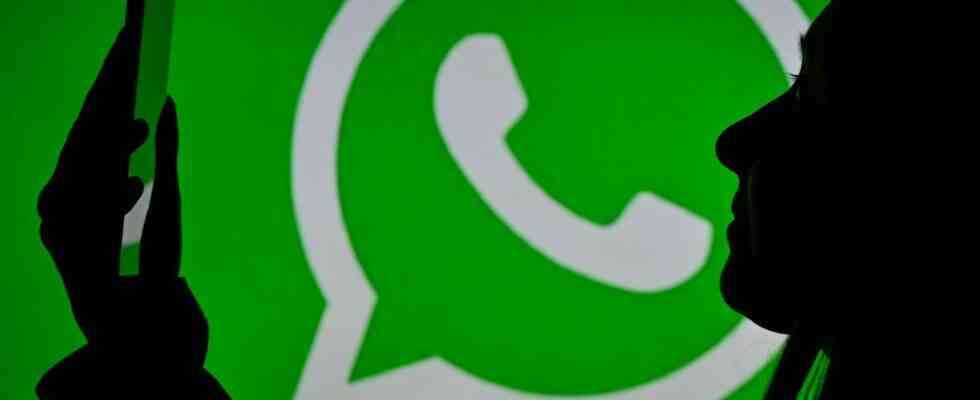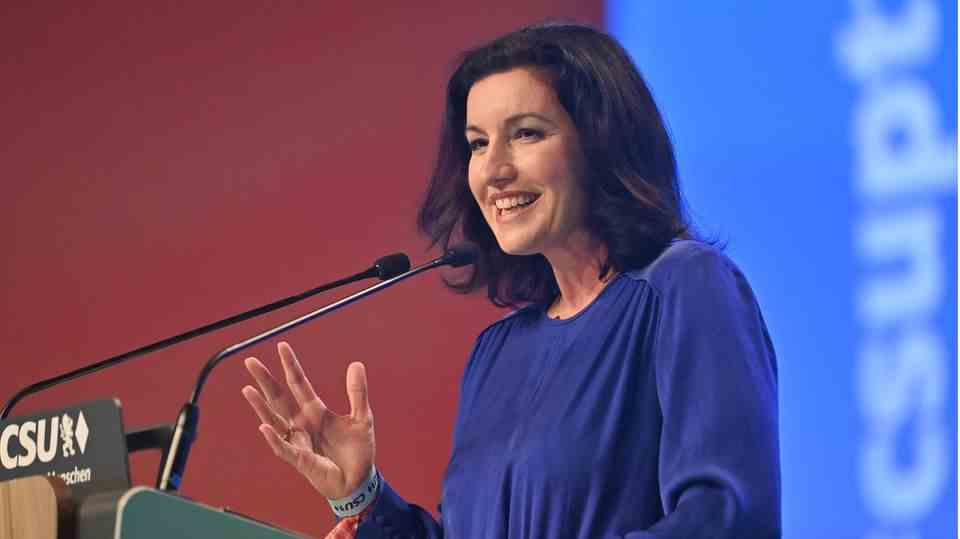Messenger
A new law could bring the turning point for the big messengers – and finally bring WhatsApp to its knees
What would be the benefits if all messengers could communicate with everyone? What disadvantages?
© Artur Widak / Picture Alliance
The EU is putting pressure on tech giants like Apple, Amazon, Meta and Google. The so-called Digital Markets Act (DMA) includes specifications that force messengers such as Whatsapp and iMessage to enable cross-platform chats. Not everyone is uncritical of the law.
Tech giants like Apple, Amazon, Google and Meta, so-called “gatekeepers”, are becoming too powerful for the EU. Now they want to set limits for corporations that have more than 45 million users of digital services and break up monopoly-like structures. According to the new law, significantly stricter rules apply for goodwill of more than USD 75 billion or sales of more than EUR 7.5 billion from transactions within the EU. This applies, for example, to the preference of own products and services over alternatives from the competition or a restriction to one’s own marketplaces, such as Apple’s App Store.
Also part of the DMA is what is known as interoperability between different messengers from the major providers. That means: Whatsapp, iMessage and Facebook Messenger must make it possible to reach users of other platforms directly – after a grace period of four years, this should even apply to group chats. The intention behind the demand for cooperation is clear: powerful platforms like Whatsapp are not wanted in the EU, and people should not feel compelled to use any service by a mere majority. However: The law does not apply to providers such as Signal, Threema or Telegram. With the smaller platforms, it is up to the operators to decide whether they want to open up to the competition.
Sensitive penalties are provided for violations if a gatekeeper group refuses to accept the new rules. Fines of up to ten percent of global annual sales are mentioned, and even 20 in the case of repeated violations. In July, the European Parliament still has to confirm the Digital Markets Act in its final form, for which a final vote is planned. It can then be expected to come into force in 2023.
“Decisive blow against Whatsapp”
Should the DMA come into force in its current form, it would mean an enormous upheaval in the tech industry. Patrick Breyer (Pirate Party) says: “Our victory in interoperability is a decisive blow against dependence on the data-hungry and consumer-hostile Whatsapp. For the first time, users can switch to privacy-friendly alternative messengers and still be able to communicate with their contacts who continue to Use Whatsapp, stay in touch. Secure interoperability with the highest data protection and end-to-end encryption, real choice for consumers: inside and competition will hopefully become the norm for messengers and later also for social networks.” MP Rasmus Andresen (Greens) is also happy: “The EU is making history with the Digital Markets Act. Market power […] can be broken.” He describes the interoperability of short message apps as “the best” thing about the law on digital markets.

Despite all the euphoria of the decision-makers, there are serious doubts among experts about the usefulness of the measures. What’s more: by opening up the messenger platforms, they even run the risk of breaking the end-to-end encryption. Sending and receiving messages would be more vulnerable to attack. At the request of star explained Ann Cathrin Riedel, Chairwoman of the Association for liberal internet policy “LOAD”: “We as LOAD are in principle a big supporter of interoperability. In the case of messengers, however, we reject it. Our most important reason: encrypted communication is weakened as a result. Because two messengers use different types of encryption, a technical bridge is needed , which translates – that’s always a weak point.”
“An ill-considered quick shot”
Ann Cathrin Riedel is also concerned about the development of new and perhaps better messengers. “We also see an obstacle for new messengers. How are future business models to be built on messengers (such as Threema) if I can’t convince anyone to purchase the messenger app? This only increases the likelihood that people with data protection problems Messengers like Whatsapp or continue to use Telegram, which does nothing against illegal content.” All in all, according to Riedel, the DMA is “an ill-considered quick shot.”
The companies are critical of the EU’s project: Apple positioned itself very clearly and pointed out that opening the platforms entailed major security risks. Meta, as the operator of Facebook Messenger and Whatsapp, let him star align: “Meta currently does not comment on the DMA.”
A positive reaction followed from the consumer center Federal Association (vzbv). Jutta Gurkmann, Board Member of the vzbv, explains: “Large digital corporations such as Google, Apple or Amazon control access to markets and digital ecosystems. The European agreement on the regulation of the digital markets (DMA) will prohibit these gatekeepers from various practices with which they have so far maintained their market position We will be closely monitoring whether digital companies are complying with the new regulations.”
Swell: European Commission, Twitter [1], Patrick Beyer




